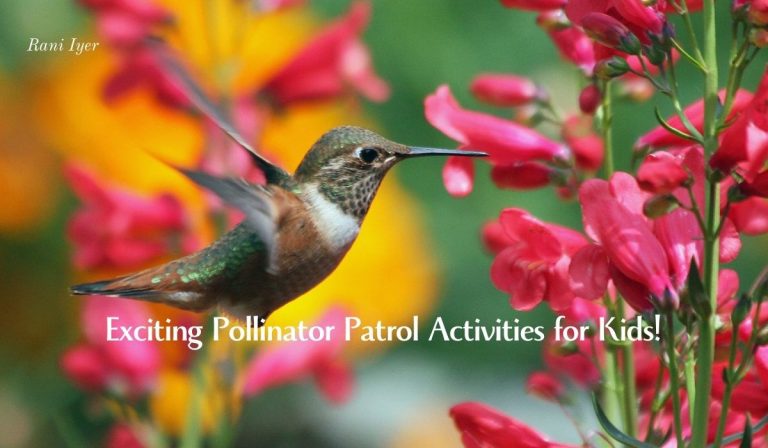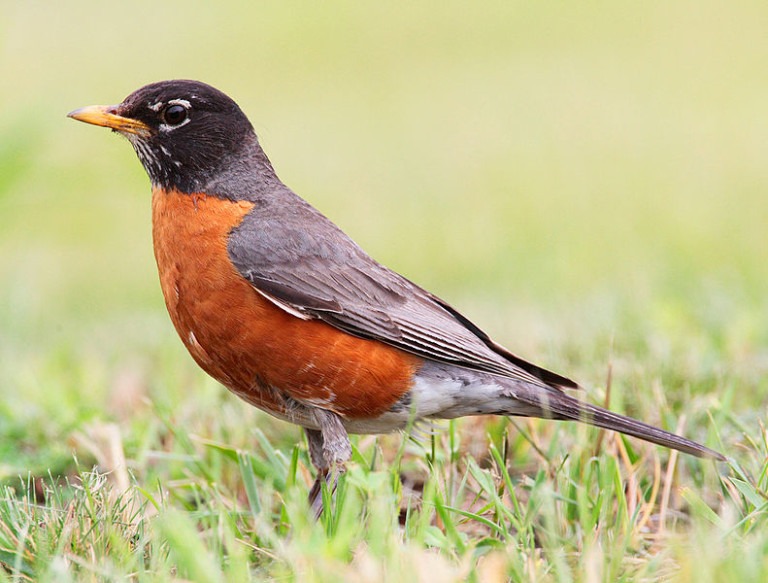
Image courtesy
Earth is incredibly rich and diverse. It is filled with species, minerals, and peoples. Together with everything, biological, geological, and other elements fall under the umbrella of nature. Earth has a fantastic terrestrial and aquatic ecosystem that is diverse and complex beyond human comprehension. Today, there are 846 terrestrial ecoregions on the Earth. Most of them are in peril due to climate change, human activities, and other natural causes. Scientists have identified this situation as a planetary emergency.
As a result of climate change, the Earth is expected to get warmer (by about 1.5%). This means places that are already hot could get hotter. Dry areas might get more dehydrated, or rains can become erratic. Aseasonal rains may occur causing floods. They may not help much with the situation. To find out the best ways to cool the Earth and stabilize the climate, scientists turned to research. They have some surprising and some not so surprising answers.
The best way to stabilize climate and cool the Earth, according to researchers, is to maintain nature. Plants, as we know, can purify the air and keep the local area fresh. Research shows many essential benefits of natural places and plants. Some of these benefits are listed below.
*An acre of mature trees, in one year, provides enough oxygen for 18 adults. The healthy human lung consumes about 11 ml/min. A resting adult inhales and exhales about 7 or 8 liters of air/ minute and 11,000 liters of air/day. Human beings need a lot of oxygen to meet their body functions. Having a lot of trees provides plenty of oxygen for the body.
*Trees keep areas cool, and it has been well documented. For example, in the last 50 years, the average temperature of Los Angeles has increased by 6-degree Fahrenheit. At the same time, the tree cover over Los Angeles has declined, and the number of buildings and roads have increased. Trees regulate heat, while these built-in structures absorb and retain heat. In a city, a group of trees can cool an area by up to 10-degrees Fahrenheit compared to the surrounding areas.
* During the summer season, people spend more time outdoors. Studies show that exposure to ultraviolet rays increases the chances of developing skin cancer. Trees absorb the harmful ultraviolet rays by about 50%. Planting more trees in areas frequented by children and in playgrounds will cut down incidents of skin cancer in children and adults.
*Nature provides other benefits for children. When children with ADHD are granted access to nature, they feel less mental fatigue. The result is they show fewer symptoms associated with ADHD diagnosis.
*Almost all our food sources are derived from nature. Fruits, vegetables, cereals, nuts, and grains are all derived from nature. Animals too depend upon plants.
*Aside for being food for humans, nature provides food for birds and wildlife.

Image courtesy
Researchers have identified a critical relationship between nature and climate stability. There is a connection between carbon holding and biological diversity. Carbon-rich ecosystems, such as natural forests, which have high biological diversity also store and pump the most carbon from the atmosphere. In a space with high biological diversity, species coexistence is made possible by the various biotic interactions involving pests, pathogens, pollinators, decomposers, and predators. These are an evolutionary relationship, developed through competition, defense, and relationships with various creatures around them.
Scientists outline three major themes to achieve these goals by 2030:
1. Protect Biodiversity
2. Mitigate climate change
3. Reduce major threats
“The most logical path to avoid the approaching crisis is maintaining and restoring at least 50% of the Earth’s land area as intact natural ecosystems, in combination with energy transition measures.”
In a planetary crisis, every human needs to participate in the restoration of nature. There are numerous opportunities for all of us to join this effort. Let us do it!



